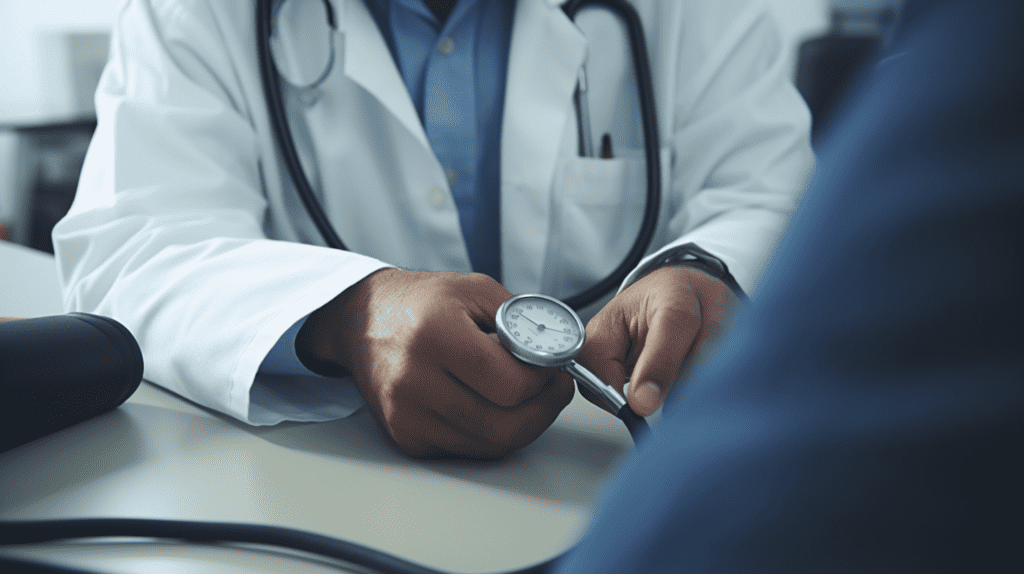
If you are looking to take control of your health, then health screening in Singapore is a great place to start. Health screening is an essential tool to identify potential health risks before they become serious problems. By detecting health issues early, you can take steps to prevent or manage diseases and achieve better health outcomes.
Understanding health screening is crucial for making informed decisions about your health. Health screening involves a series of tests and examinations that assess your overall health and identify potential health risks.
The tests and examinations can vary depending on your age, gender, family history, lifestyle, and other factors. Health screening can help you understand your current health status, identify potential health risks, and take proactive steps to prevent or manage diseases.
Importance of Early Detection
Early detection is crucial for preventing and managing diseases. Many diseases can be asymptomatic in the early stages, making it difficult to detect without screening. Health screening can detect diseases before symptoms appear, making it easier to treat and manage them. Early detection can also help prevent complications and improve health outcomes.
Key Takeaways
- Health screening in Singapore is an essential tool for identifying potential health risks before they become serious problems.
- Understanding health screening is crucial for making informed decisions about your health.
- Early detection is crucial for preventing and managing diseases.
Understanding Health Screening

If you want to take control of your health, then health screening is the way to go. Health screening enables you to find out if you have a particular condition, even if you do not have any symptoms and/or signs. Early detection, followed by treatment and good control of the condition can result in better outcomes.
Health screening consists of tests like blood or urine tests and other procedures like X-rays and ultrasound. It is usually done at regular intervals like once a year or once in two to three years, or when a person reaches a certain age. However, not all screening tests are necessary or helpful. It is best to consult with a healthcare provider to determine which screening tests are suitable for you.
The benefits of health screening are numerous. By detecting diseases early, you can get treatment before the condition becomes severe. Early detection can also help you make lifestyle changes that can prevent the onset of certain diseases. For example, if you are at risk for diabetes, you can make changes to your diet and exercise routine to prevent the onset of the disease.
There are many different types of health screening tests available, and they can vary depending on your age, gender, and medical history. Some of the most common health screening tests include blood pressure checks, cholesterol tests, and mammograms for women. Your healthcare provider can help you determine which tests are necessary for you.
In summary, health screening is an essential aspect of maintaining good health. By detecting diseases early, you can get treatment before the condition becomes severe. Consult with your healthcare provider to determine which screening tests are suitable for you.
Importance of Early Detection
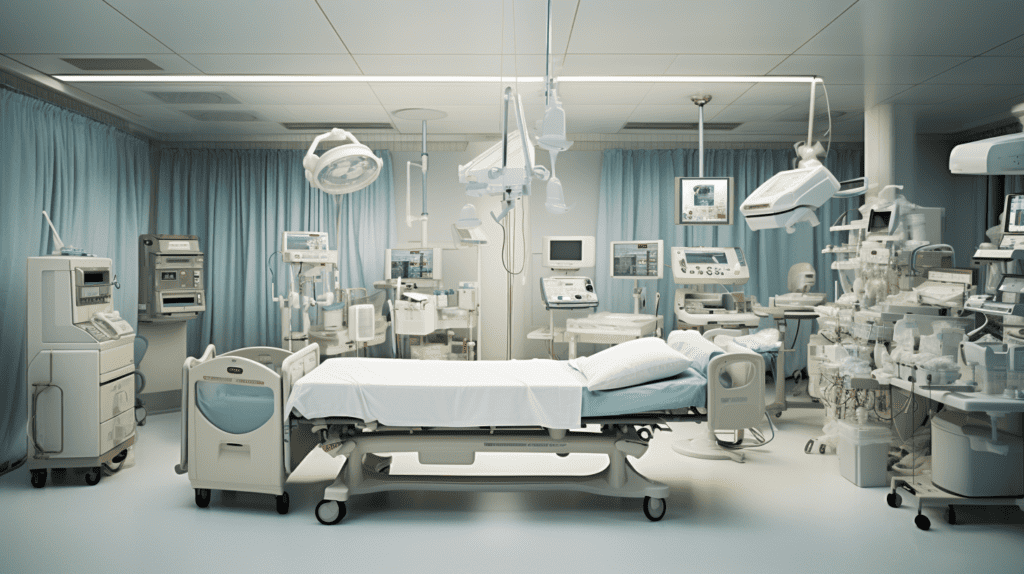
Regular health screenings are an important part of maintaining good health. Early detection of diseases and conditions can help prevent or delay the onset of serious complications. By detecting diseases early, you can receive timely treatment and avoid further complications.
Early detection is particularly important for diseases that do not show any signs or symptoms in their early stages. For example, cancer can be detected early through regular screenings, such as mammograms and colonoscopies. Early detection of cancer can lead to more effective treatment and better outcomes.
In addition to cancer, regular health screenings can help detect other diseases, such as diabetes, high blood pressure, and heart disease. Early detection of these diseases can help prevent serious complications, such as heart attacks and strokes.
It is important to note that early detection is not a guarantee that a disease or condition will be cured. However, it can increase the chances of successful treatment and improve your overall quality of life.
Overall, early detection is an important part of maintaining good health. By detecting diseases early, you can receive timely treatment and avoid serious complications. Regular health screenings are an important tool in achieving this goal.
Screen for Life Program
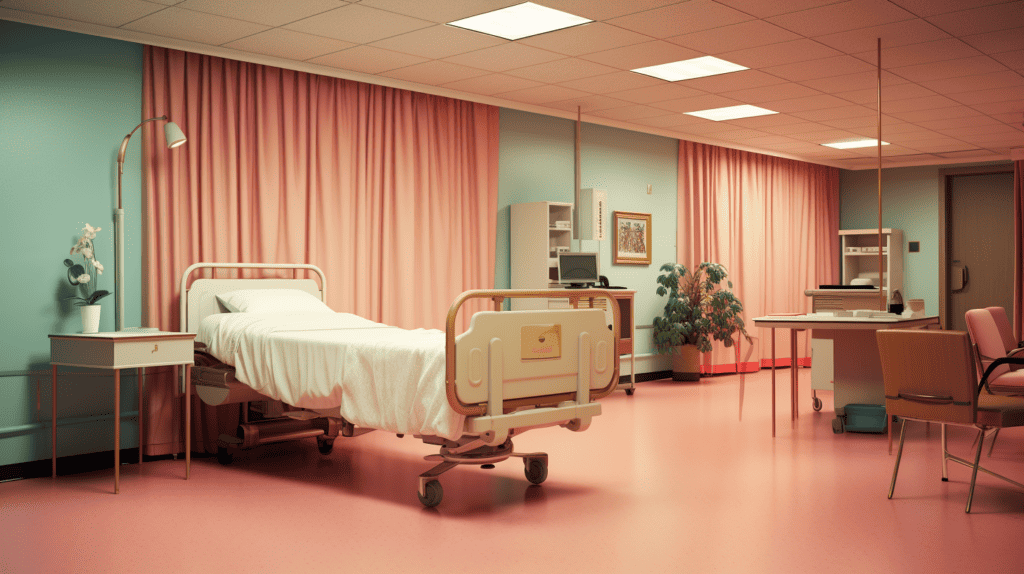
If you are a Singapore citizen or permanent resident, you are eligible for the Screen for Life program. This national screening programme is designed to encourage regular health screening and follow-ups. The program offers subsidised screenings based on your age, sex, pre-existing conditions, and your last health screening date.
The Screen for Life program is an initiative by the Health Promotion Board (HPB) to help Singaporeans stay healthy and detect health issues early. The program is especially beneficial for Merdeka and Pioneer generations who may have a higher risk of health issues due to their age.
Through the Screen for Life program, you can receive subsidised health screenings and follow-up consultations at participating CHAS (Community Health Assist Scheme) clinics. The program offers a range of screenings, including:
- Basic health screening
- Enhanced health screening
- Screen for Life Flexi
- Screen for Life ElderShield
The basic health screening covers important tests such as blood pressure, blood glucose, and cholesterol. The enhanced health screening includes additional tests such as mammogram for women and colorectal cancer screening for men and women. Screen for Life Flexi allows you to choose the screenings you need based on your health needs and concerns. Screen for Life ElderShield is a specialised screening for seniors aged 60 and above, which includes tests for dementia and frailty.
Regular health screenings can help detect health issues early, which can lead to better treatment outcomes. By participating in the Screen for Life program, you are taking an important step towards maintaining good health and preventing diseases.
So, if you are eligible for the Screen for Life program, take advantage of this opportunity to prioritise your health and wellbeing.
Eligibility and Subsidies
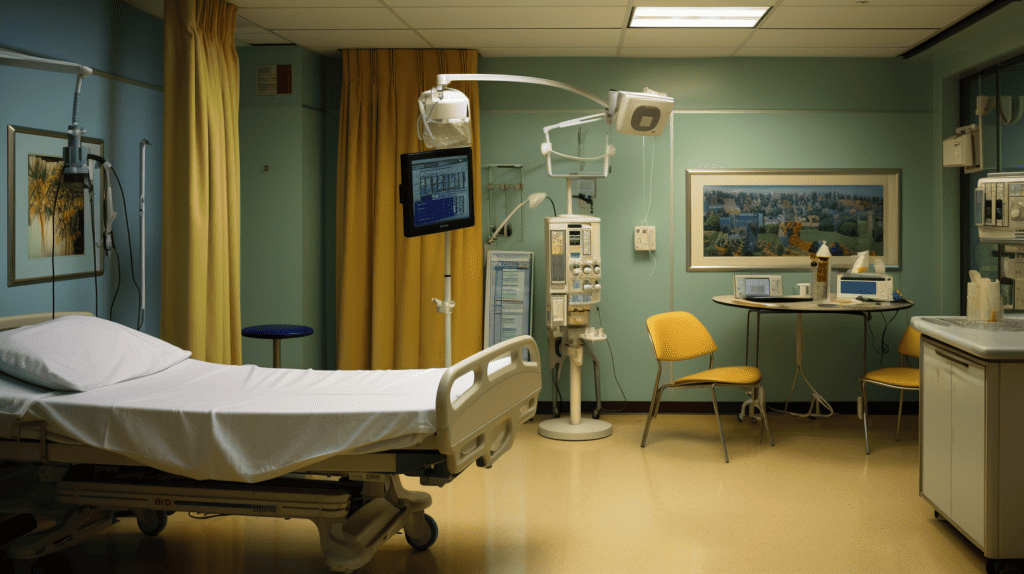
Are you a Singapore citizen or permanent resident looking for affordable health screening options? You may be eligible for subsidised health screening through the Screen for Life programme.
Eligibility for subsidised health screening is based on your age, sex, pre-existing conditions, and your last health screening date. To find out which screening tests are recommended for you and the subsidised rates, you can log in with your Singpass on the Screen for Life website.
If you are eligible, you can enjoy health screening for only $5 or less at participating CHAS GP clinics. CHAS (Community Health Assist Scheme) is a scheme that provides subsidies for medical and dental care to lower- and middle-income Singaporeans.
In addition, the Merdeka Generation and Pioneer Generation seniors are eligible for additional subsidies for health screening and other healthcare services. To find out more about the subsidies available to you, you can visit the Ministry of Health website.
It’s important to note that not all health screening tests are subsidised, and the subsidy amount may vary depending on the test. To ensure that you are getting the most out of your health screening, it’s best to consult with your doctor or healthcare provider.
In summary, if you are a Singapore citizen or permanent resident, you may be eligible for subsidised health screening through the Screen for Life programme. By visiting the Screen for Life website, you can find out which screening tests are recommended for you and the subsidised rates. Additionally, CHAS GP clinics offer health screening for only $5 or less to eligible individuals. Don’t forget to check out the subsidies available to the Merdeka Generation and Pioneer Generation seniors.
Types of Health Screenings
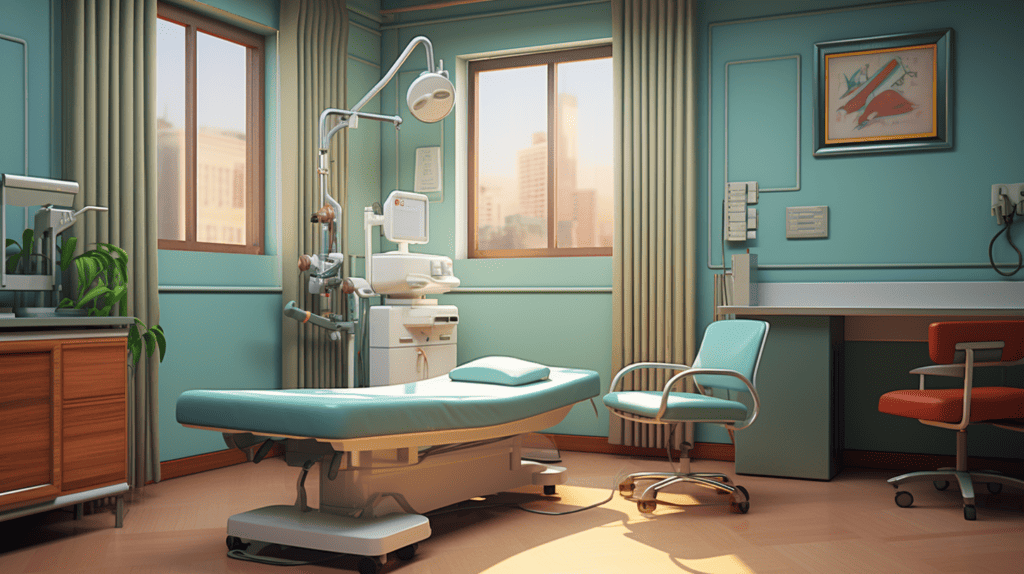
Are you looking to get a health screening in Singapore? There are various types of health screenings available, and it can be overwhelming to choose the right one.
In this section, we will take a look at some of the most common types of health screenings.
Basic Health Screening
Basic health screening is a comprehensive check-up that aims to capture an overall picture of your health. It typically includes a physical examination, blood test, urine test, and biometric parameters such as blood pressure, BMI, and glucose levels. Basic health screenings are recommended for everyone, regardless of age or health status.
Specific Health Screening
Specific health screening is targeted towards detecting specific health conditions. Some examples of specific health screenings include diabetes screening, cholesterol screening, and colorectal cancer screening. These screenings are usually recommended for individuals with a family history of the condition or those who are at higher risk due to lifestyle factors.
Women’s Health Screening
Women’s health screenings are designed to detect conditions that are specific to women. Some examples include mammograms for breast cancer screening and pap smears for cervical cancer screening. Women’s health screenings may also include a full blood count, blood cholesterol, and blood pressure tests.
Men’s Health Screening
Men’s health screenings are designed to detect conditions that are specific to men. Some examples include prostate cancer screening and blood cholesterol tests. Men’s health screenings may also include a physical examination, blood test, and urine test.
Comprehensive Health Screening
Comprehensive health screening is a more extensive check-up that includes all of the tests and screenings mentioned above. It is recommended for individuals who want a complete picture of their health status. Comprehensive health screenings may also include additional tests such as an ultrasound or stool analysis.
In conclusion, there are various types of health screenings available in Singapore, and it’s important to choose the right one based on your individual health needs. Basic health screenings are recommended for everyone, while specific health screenings are targeted towards detecting specific health conditions. Women’s and men’s health screenings are designed to detect conditions that are specific to each gender, and comprehensive health screenings include all of the tests and screenings mentioned above.
Health Screening Packages
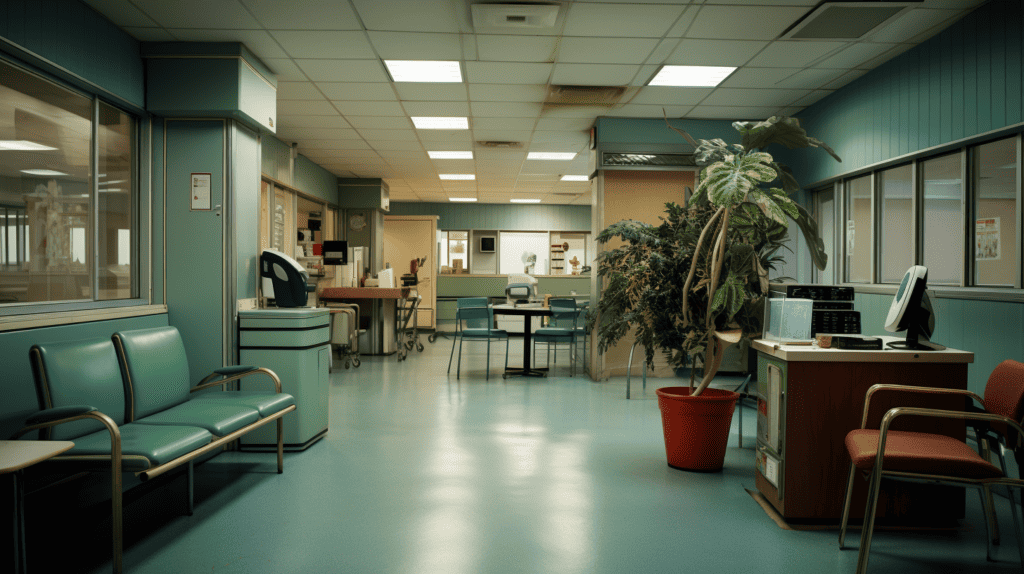
If you’re looking for a comprehensive health check-up in Singapore, you’ll be pleased to know that there are many health screening packages available. These packages are designed to help you identify potential health issues before they become serious, and to give you peace of mind about your overall health and well-being.
One of the most popular providers of health screening packages in Singapore is Raffles Medical Group. They offer a wide range of packages that cater to different needs and budgets. Some of their most popular packages include the Executive Health Screening Package, which includes a comprehensive medical examination, blood tests, and imaging tests such as X-rays and ultrasound scans. They also offer packages specifically designed for women and men, as well as packages for specific age groups.
Another option for health screening packages in Singapore is public hospitals and polyclinics. These facilities offer subsidized packages that are more affordable than those offered by private clinics. The National University Hospital, for example, offers a basic health screening package that includes a medical consultation, blood tests, and a chest X-ray. These packages are a great option for those on a tight budget.
If you prefer to visit a GP clinic for your health screening, there are many options available as well. Mount Alvernia Hospital, for example, has a network of GP clinics that offer health screening packages for different needs and budgets. They offer basic packages that include blood tests and a medical consultation, as well as more comprehensive packages that include imaging tests.
When choosing a health screening package, it’s important to consider your individual needs and budget. Make sure to read the fine print and understand what is included in the package before making a decision. With so many options available, you’re sure to find a package that suits your needs and helps you stay on top of your health.
Screening Locations and Timing
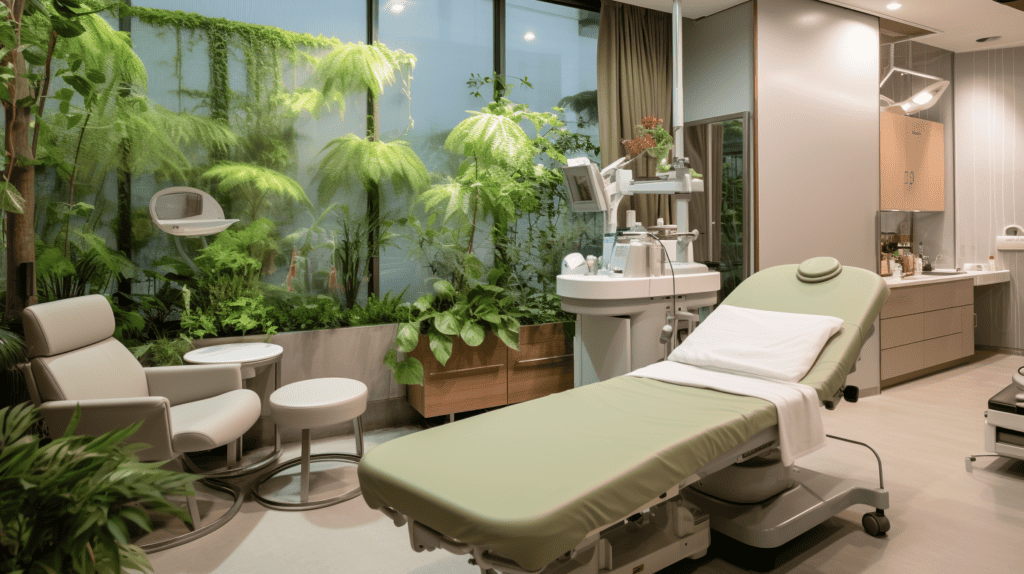
Are you looking for a health screening location in Singapore? You have several options to choose from, including GP clinics and polyclinics.
Here’s a breakdown of some of the most popular screening locations and their operating hours:
GP Clinics
If you prefer to visit a GP clinic for your health screening, there are many options available. You can choose to visit a CHAS GP clinic or a regular GP clinic. CHAS GP clinics offer subsidized rates for Singapore citizens and permanent residents with a valid CHAS card. Here are some popular GP clinics for health screening:
| Clinic Name | Location | Operating Hours |
|---|---|---|
| Raffles Medical | Multiple locations | Varies by location |
| Healthway Medical | Multiple locations | Varies by location |
| Shenton Medical Group | Multiple locations | Varies by location |
| SATA CommHealth | Multiple locations | Varies by location |
Polyclinics
Polyclinics are another popular option for health screening in Singapore. They offer a wide range of health screening services, including basic health screenings, chronic disease management, and more. Here are some popular polyclinics for health screening:
| Polyclinic Name | Location | Operating Hours |
|---|---|---|
| National Healthcare Group Polyclinics | Multiple locations | Varies by location |
| SingHealth Polyclinics | Multiple locations | Varies by location |
| Alexandra Health Polyclinic | Ang Mo Kio | Mon – Fri: 8am – 4.30pm, Sat: 8am – 12.30pm |
| Jurong Polyclinic | Jurong East | Mon – Fri: 8am – 4.30pm, Sat: 8am – 12.30pm |
When choosing a screening location, it’s important to consider the operating hours. Some clinics and polyclinics may have longer operating hours than others, which can be more convenient for those with busy schedules. Additionally, if you have a CHAS card, you may want to consider visiting a CHAS GP clinic to take advantage of the subsidized rates.
Overall, there are many screening locations available in Singapore, so you can choose the one that best suits your needs and schedule.
Preparing for a Health Screening
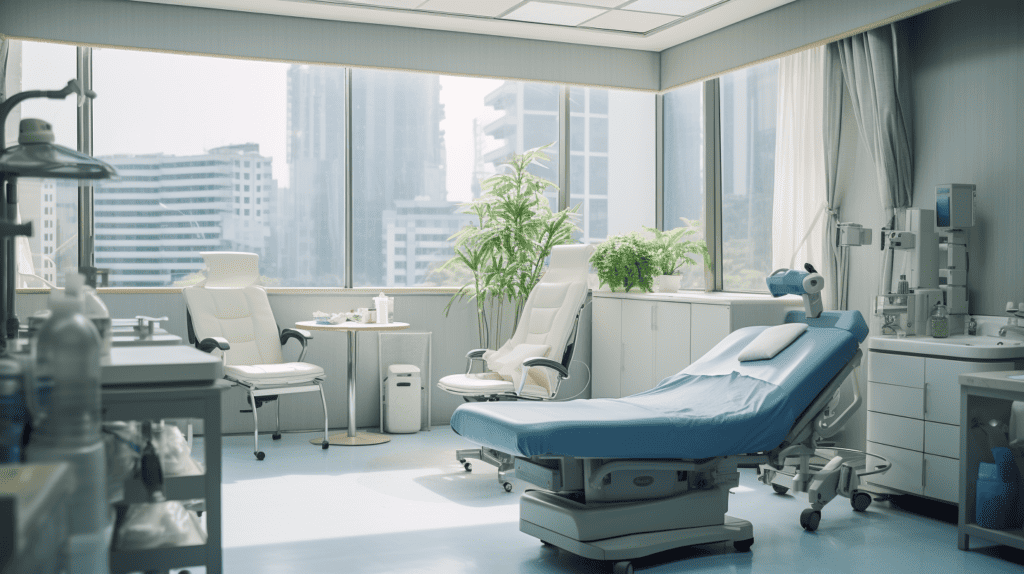
You’re taking a positive step towards maintaining your health by scheduling a health screening in Singapore. To ensure that your screening is as effective as possible, there are a few things you can do to prepare.
Appointment
Firstly, make sure you have scheduled your appointment well in advance. This will give you enough time to prepare for the screening and make any necessary adjustments to your schedule. It’s also important to arrive at your appointment on time, so plan your journey and allow for any potential traffic or delays.
Fasting
Some health screenings require fasting before the test. This means that you should not eat or drink anything (except water) for a certain period of time before the screening. If your screening requires fasting, make sure you follow the guidelines provided by your healthcare provider. Fasting is important because it helps to ensure accurate results.
Comfort
Wear comfortable clothing to your screening appointment. This will help you to relax and feel more comfortable during the screening process. You may also want to bring a book or magazine to read while you wait.
Deodorant and Perfume
Avoid wearing deodorant or perfume on the day of your screening. Some tests, such as mammograms, require you to remove your clothing and wear a gown. Deodorant and perfume can interfere with the accuracy of the test results. If you forget and wear deodorant or perfume, don’t worry – you can usually remove it with wipes provided at the screening centre.
In summary, preparing for a health screening in Singapore involves scheduling your appointment in advance, fasting if required, wearing comfortable clothing, and avoiding deodorant and perfume on the day of your screening. By following these simple steps, you can help ensure that your screening is as effective as possible.
Understanding Your Screening Results
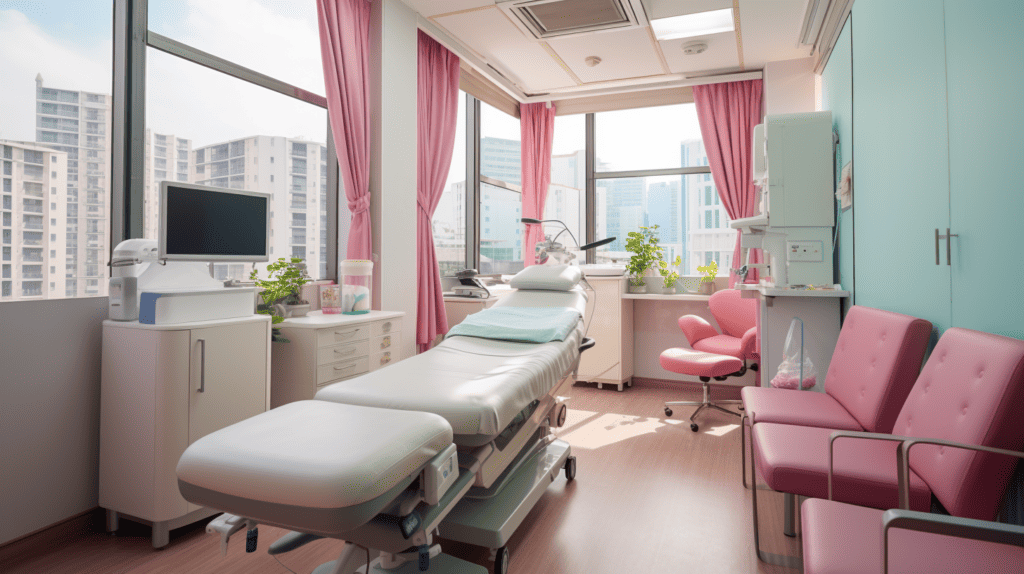
Congratulations on completing your health screening in Singapore! Now that you have your screening results, it’s important to understand what they mean and what you should do next.
Firstly, it’s important to note that your screening results should be interpreted by a doctor. Your doctor will be able to explain your results to you and advise you on any necessary follow-up actions. Make sure to schedule a follow-up appointment with your doctor to discuss your results.
Your medical history and family medical history are important factors that your doctor will consider when interpreting your screening results. If you have a history of certain medical conditions in your family, your doctor may recommend additional tests or screenings.
When reviewing your screening results, look out for any values that fall outside the normal range. These values may indicate a potential health issue that requires further investigation. Your doctor will be able to advise you on any necessary follow-up actions.
It’s important to remember that screening results are just one piece of information about your health. Your doctor will take into account your overall health and medical history when advising you on any necessary follow-up actions.
In summary, understanding your screening results is important for maintaining your health. Make sure to schedule a follow-up appointment with your doctor to discuss your results and any necessary follow-up actions. Your medical history and family medical history are important factors to consider when interpreting your results.
Preventing and Managing Diseases
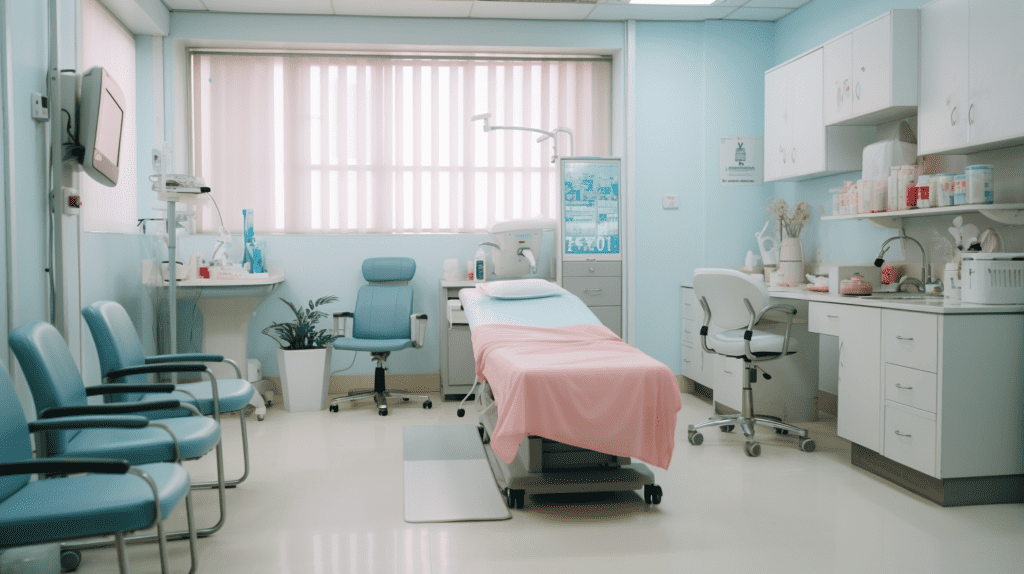
You are fortunate to live in Singapore where the government is committed to promoting good health and reducing illness. One way they do this is through subsidised health screening programmes like Screen for Life, which encourages regular health screening and follow-up.
With early detection and appropriate intervention, you can prevent or delay the onset of certain diseases, as well as the complications related to them.
Prevention is key when it comes to managing diseases. By making healthy lifestyle choices, you can reduce your risk of developing chronic diseases like heart disease, which is a leading cause of death in Singapore. Some lifestyle changes you can make include:
- Eating a balanced diet that is low in saturated and trans fats, salt, and sugar
- Engaging in regular physical activity, such as brisk walking, cycling, or swimming
- Maintaining a healthy weight
- Avoiding smoking and excessive alcohol consumption
If you have already been diagnosed with a chronic disease, there are treatments available to help manage your condition and prevent complications. These may include:
- Medications to control blood pressure, cholesterol, or blood sugar levels
- Lifestyle modifications, such as dietary changes and exercise
- Medical procedures or surgeries, if necessary
It is important to work closely with your healthcare provider to develop a personalised treatment plan that meets your individual needs and goals. By taking an active role in your health and following your treatment plan, you can improve your quality of life and reduce your risk of complications.
In summary, preventive health screening and healthy lifestyle choices are essential for preventing and managing diseases in Singapore. By taking care of your health and working closely with your healthcare provider, you can enjoy a longer, healthier life.
Future of Health Screening in Singapore
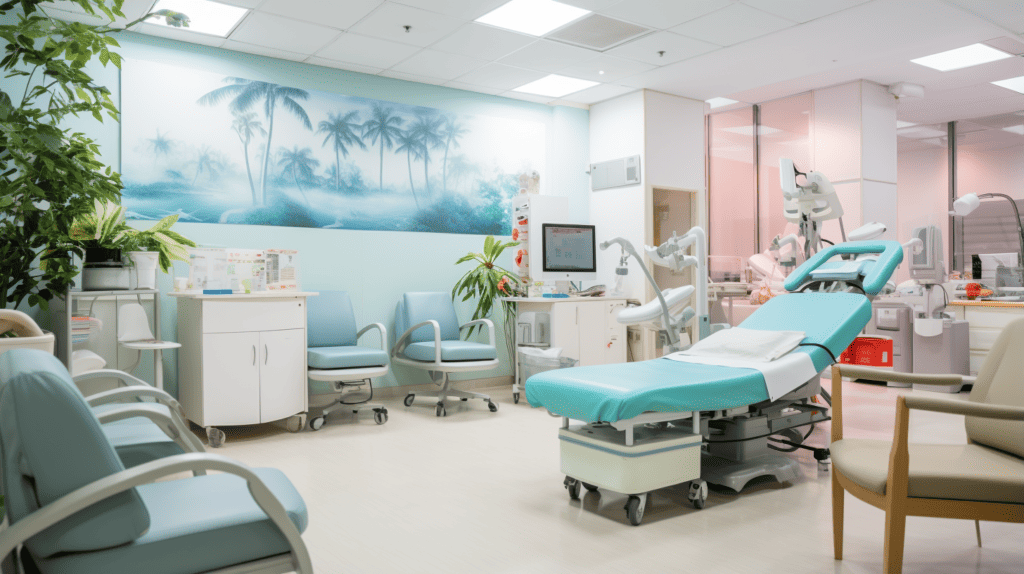
You may be excited to know that the future of health screening in Singapore looks promising. With the Healthy SG initiative, the Ministry of Health aims to encourage Singaporeans to take charge of their health by making it easier and more affordable to get screened regularly.
One of the key features of the initiative is the use of SingPass to make it more convenient for Singaporeans to access their health records and screening results. SingPass is a digital identity system that allows citizens to access a range of government services online. This means that you can easily view your screening results, track your health progress, and receive reminders for follow-up screenings.
In addition, health screening technology is advancing rapidly, making it possible to detect diseases earlier and more accurately. Hospitals and clinics in Singapore are already offering more customized health screening packages that take into account each patient’s needs and risk factors.
For example, some packages may include genetic testing to identify inherited diseases, while others may focus on specific organs or systems, such as the heart or lungs.
Moreover, the Healthy SG initiative offers subsidies for eligible Singaporeans to undergo health screenings. This means that you can save money while taking care of your health. The subsidies are based on your age, sex, pre-existing conditions and your last health screening date. You can check your eligibility for subsidised screening by logging in with your SingPass on the Screen for Life website.
Overall, the future of health screening in Singapore looks bright. With the Healthy SG initiative, SingPass, and advances in health screening technology, it is easier and more affordable than ever to take charge of your health and prevent diseases before they become serious.
Frequently Asked Questions
What are the top health screening options available in Singapore?
Singapore offers a wide range of health screening options, including basic health screenings, executive health screenings, and specialized health screenings. Basic health screenings typically cover basic blood tests, blood pressure measurements, and body mass index (BMI) measurements. Executive health screenings are more comprehensive and may include additional tests such as cancer screenings, stress tests, and ultrasounds. Specialized health screenings are tailored to specific health concerns such as heart disease, diabetes, and cancer.
Where can I find affordable health screening packages in Singapore?
You can find affordable health screening packages in Singapore at various hospitals, clinics, and health screening centres. Some hospitals and clinics offer subsidies for certain health screening packages, so it is worth checking with them to see if you are eligible. Additionally, some insurance companies offer health screening packages as part of their policies, so it is worth checking with your insurer as well.
Which hospitals in Singapore offer comprehensive health screening?
Many hospitals in Singapore offer comprehensive health screening, including Singapore General Hospital, National University Hospital, and Mount Elizabeth Hospital. These hospitals offer a range of health screening packages that cater to different needs and budgets.
What should I expect during a health screening in Singapore?
During a health screening in Singapore, you can expect to undergo various tests and assessments, depending on the type of health screening package you choose. These may include blood tests, urine tests, X-rays, ultrasounds, and other imaging tests. You may also be asked about your medical history and lifestyle habits. The health screening process typically takes a few hours to complete.
Are there any specific health screenings recommended for women in Singapore?
Yes, there are specific health screenings recommended for women in Singapore. These include breast cancer screenings, cervical cancer screenings, and bone density screenings. It is recommended that women undergo regular health screenings to detect any potential health issues early.
How often should I get a health screening in Singapore?
The frequency of health screenings in Singapore depends on your age, gender, medical history, and lifestyle habits. It is recommended that adults undergo a health screening at least once a year to detect any potential health issues early. However, if you have any pre-existing medical conditions or risk factors, you may need to undergo more frequent health screenings. It is best to consult with your doctor to determine the appropriate frequency of health screenings for you.




